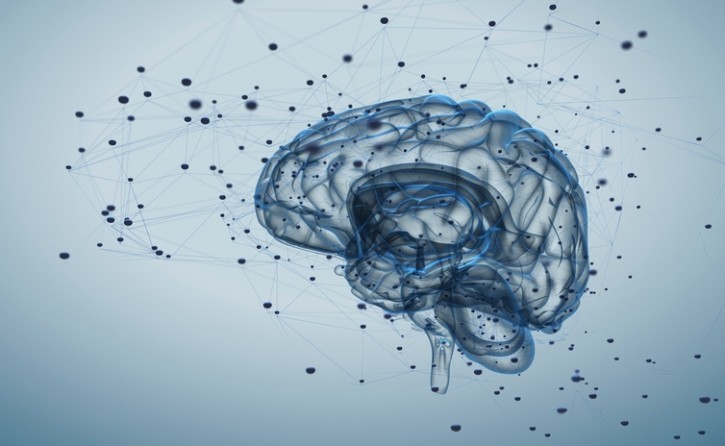Study: Wasabi compound offers cognitive health benefits

The randomised controlled trial, involving 72 Japanese participants aged 60–80, concludes that 12 weeks supplementation with 6-MSITC improves working memory capacity and episodic memory performances compared to placebo.
The authors conclude: “The current RCT revealed that an intake of 0.8 mg of 6-MSITC for 12 weeks significantly improved memory functioning, including episodic and working memory, compared to the placebo group, but we did not find any significant improvements in other cognitive functions.
"This study is the first to demonstrate that 6-MSITC has a benefit on memory functioning in healthy older adults.”
Background
Wasabi (Eutrema japonicum) is a Japanese traditional spice. The main bioactive compound of wasabi is Hexaraphane (6 methylsulfinyl hexyl isothiocyanate: 6-MSITC), which has anti-oxidant and anti-inflammatory functions.
Previous studies suggest that anti-oxidants and anti-inflammatories have an important role in cognitive health in older adults previous research has reported beneficial effects of 6-MSITC on cognitive functions in middle-aged adults.
However, previous research has not investigated whether intake has beneficial effects on cognitive functions in older adults.
Therefore, the current study aimed to determine whether 12 weeks’ 6-MSITC intake would enhance cognitive performances in participants aged 60–80.
The study
The 72 participants were randomly assigned to the 6-MSITC or placebo supplement group.
Participants in both groups were asked to take one tablet before going to bed every day for 12 weeks.
Cognitive functions (processing speed, attention, short-term memory, working memory, episodic memory, executive functions, and visual–spatial abilities) in all participants were assessed pre- and post-intervention.
Logical memory (LM) from the WMS-R (Wechsler Memory Scale Revised) was used to measure verbal episodic memory, the face and second name test (FSN) was used from the Rivermead Behavioural Memory Test (RBMT), and working memory was measured by the digit span backward (DS-B).
Resulting data revealed two main findings: 6-MSITC intervention improved working memory capacity, and the 6-MSITC intervention improved episodic memory performances.
The study did not find any significant improvements in inhibition. The authors say these findings suggest that the 12 weeks’ 6-MSITC intake selectively enhances working and episodic memory functions in healthy older adults.
Discussing mechanisms of action, the authors note previous studies have demonstrated that 6-MSITC has anti-oxidant and anti-inflammatory functions which are important for increasing cognitive functions in older adults. The hippocampus is known to have a critical role in working and episodic memory performances.
Taken together, the researchers hypothesise that “6-MSITC would reduce oxidant and inflammatory levels in the hippocampus”.
The report states: “The decrease of oxidants and inflammation may protect brain damage and enhance neural functions such as brain activities and neural plasticity in the hippocampus. The hippocampus is important for memory functioning. Therefore, 12 weeks’ 6-MSITC intake would enhance memory functioning in older adults.”
The authors note some limitations to the study. Namely, they did not measure any biomarkers of antioxidants or anti-inflammatories. To understand the biological mechanism of the benefit of 6-MSITC, it is important to investigate a change in the biomarkers before and after intervention periods.
Second, they recruited only healthy older adults. To generalize the current findings, further investigation is needed on whether 6-MSITC would improve cognitive functions in young adults.
Third, the number of female participants was larger than that of the male participants in this study, so it is important to perform future RCTs with a 1:1 sex ratio.
Source: Nutrients
https://doi.org/10.3390/nu15214608 (registering DOI)
"Benefits of Wasabi Supplements with 6-MSITC (6-Methylsulfinyl Hexyl Isothiocyanate) on Memory Functioning in Healthy Adults Aged 60 Years and Older: Evidence from a Double-Blinded Randomized Controlled Trial"
Authors: Nouchi, R.; Kawata, N.Y.S.; Saito, T.; Nouchi, H.; Kawashima, R.











